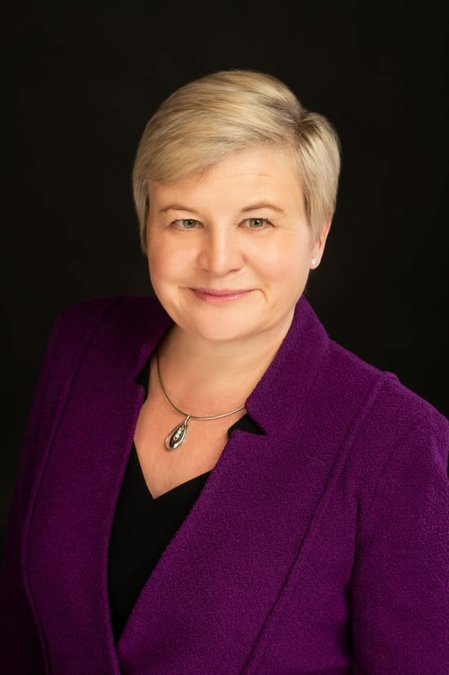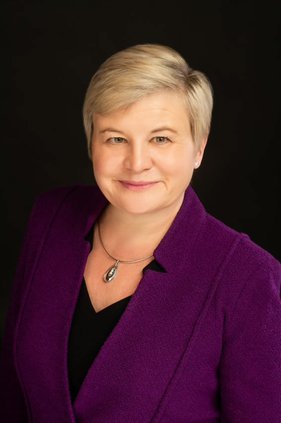Thirty-six years ago today, on Feb. 28, 1983, an amazing 106 million Americans tuned into CBS to watch the final episode of “MASH and say goodbye to Hawkeye Pierce, Hot Lips Houlihan, Radar O’Reilly and all the rest.
This is all the more impressive since at the time only 83 million homes in the U.S. had televisions. This remained the most-watched television event in history until finally, 27 years later, the 2010 Super Bowl overtook it by a few hundred thousand viewers. In the Midwest as a young man, my American husband tells me that he always loved following this iconic TV show, and to this day I often find him watching re-runs when he has some down time.
Back in rainy old England I first became aware of “MASH” in the mid-1970s when I was a child and my uncle used to tune into the BBC to watch this fascinating show. The BBC began importing “MASH” a year after it launched in the U.S. and it developed a bit of a cult following across the pond. I was not allowed to watch more than the occasional glimpse, as it was not designed for kids and was usually shown after my bedtime.
Interesting facts about British TV broadcasts: First, the BBC still has a well-established policy of a “watershed” at 9 p.m., which means that before this time, and after 5.30 a.m. all programs on domestic channels should be suitable for a general audience including children.
Second, in the U.K., TV does not have canned laughter and certainly back then the BBC carefully removed this recorded laughter from its U.S. imports, including “MASH” The first time I heard canned laughter, on a family vacation (or holiday as the British call it) to Florida in 1979 I was very confused and did not like it. Now I barely notice it.
Back to this blockbuster TV show’s interesting history. Richard Hornberger Jr. was born in New Jersey in 1924 and went to Cornell Medical School to become a physician and surgeon. Following his graduation, he found himself at a MASH (Mobile Army Surgical Hospital) during the Korean War (195053). He wrote a book in 1968 titled “MASH – A Novel about Three Army Doctors” under his pen name Richard Hooker. It was a very successful book.
Hornberger’s book depicted, by most accounts pretty accurately, life in a Korean War MASH unit. These mobile hospitals were not right on the front lines, but close to them. Most of the doctors and nurses were in their 20s, often without sufficient training for their assignments. There was lots of downtime, but when a major engagement with the enemy took place, they could be completely overwhelmed with hundreds or even thousands of casualties.
How did most of the doctors and nurses cope with the intense pressure? Hornberger later said in a 1999 New York Times interview: “A few flipped their lids but most just raised hell in a variety of ways and degrees.”
His book aimed at capturing that environment of coping while getting on with the extremely serious job at hand.
A few months after the book’s release, 20th Century Fox picked up the movie rights, and in 1970 the blockbuster movie was released as a black comedy. Directed by Robert Altman and starting Donald Sutherland, Elliot Gould, Tom Skerritt and Robert Duvall, “MASH” was nominated for five Academy Awards and won Best Adapted Screenplay.
Then came the comedy/drama TV series, one of the most successful in television history. First airing in 1972, the show was set during the Korean War but was launched at a time of superheated emotions across the U.S. and the world about the Vietnam War. While the early shows seemed to work hard not to be seen directly protesting the war, it used sharp, biting black comedy to mock and question issues of the day. The underlying comparison was unmissable.
When the Vietnam War ended in 1975, the show became less political and moved more towards character-driven plots. At around the halfway point in its 11-year run, some say it moved from a dramatic comedy to a comedy drama.
This corresponds to a number of big changes to the production and writing staff, as well as the big mid-series shift in characters: Henry Blake, Trapper John and Frank Burns went out, and in comes Sherman Potter, BJ Hunnicutt and Charles Emerson Winchester. Many popular TV shows would have melted under the pressure of these heavy changes, but “MASH” just seemed to go from strength to strength. There is a lot more information at www.mash4077.co.uk.
Fourteen Emmy Awards and 256 episodes later, this monster TV show called it a day after having changed the face of modern television forever. In the final, 2.5-hour episode entitled “Goodbye, Farewell and Amen,” the war has ended, and the immense impact of the war is shown on each character as they pack up the camp for the last time and go home - and over 100 million Americans watched.
As the great Alan Alda playing Hawkeye Pierce once said: “If we don’t go crazy once in a while, we’ll all go crazy.”
God bless America!
Lesley grew up in London, England, and made Georgia her home in 2009. She can be contacted at lesley@francis.com or via her PR agency at lesleyfrancispr.com.



